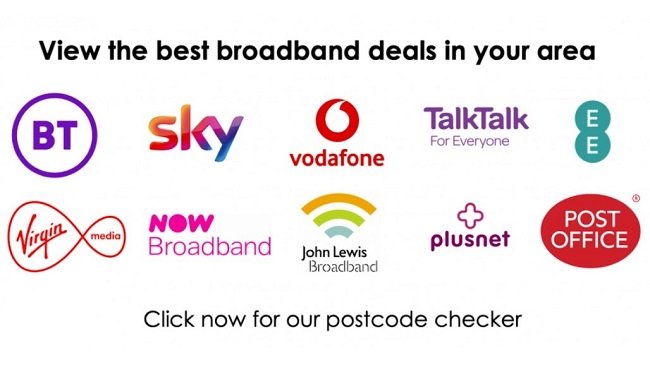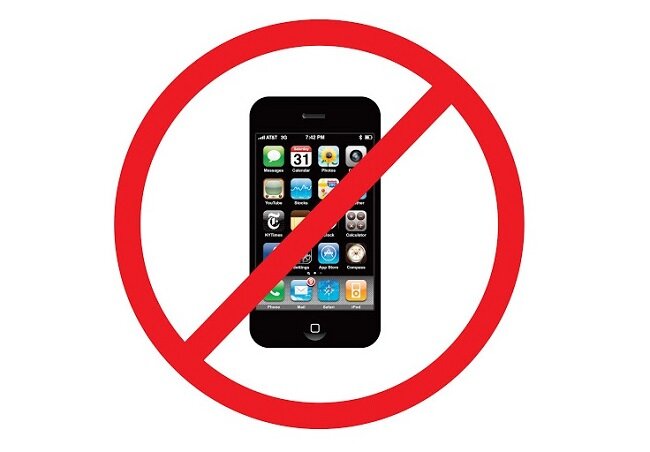Internet Service Providers and Choice
I would like to make my point by recounting a tale that hopefully demonstrates it. Are you sitting comfortably? Then let us begin. I am trying to find a new Internet Service Provider for my Mother’s home. The existing one, British Telecom, cannot meet the parameters of the service contract that’s in place. Simply put, the existing fibre to the cabinet (FTTC) connection is unstable and drops 40+ times a day. We’ve had 6 engineer visits in the last 3 months and the problem hasn’t been resolved. It probably won’t because the issue is specifically at the cabinet and I cannot see BT making major changes to such a major piece of infrastructure for the benefits of just one customer. The problem with trying to find another ISP is that they mostly provide FTTC connections, so any new internet connection will still include the “troublesome” cabinet that then links to my Mother’s house. Hence I will more than likely just be swapping one poor quality internet connection for another.
If I want to bypass this problem, I need a fibre to the premises (FTTP) connection. That means running an additional fibre optic line from the cabinet to my Mother’s home which is two streets away. No ISP in the area currently does this for home connections, due to the installation costs. They will for a new business connection and a long term contract but the price for this is prohibitive for home users. However, cable TV provider Virgin can provide a fibre connection but to do so means digging up the drive in front of the house to connect their network. This is a significant amount of work with a similar cost implication. Plus for ethical reasons I try to avoid doing business with Virgin. The only other alternative is a mobile internet solution using 5G. It has been rolled out in South East London but the coverage is “patchy”. Hence it would appear that no company can provide me with a stable 50Mbps internet connection at present.
Because I live in Greater London it can be argued that I have far more choice with regard to Internet Service Providers compared to other parts of the UK. In principle that is true. I have friends and family that live in more rural areas and they are often stuck with just one possible supplier and that is BT. Often this means that the only services available are low grade ADSL connections and nothing else. However, as my situation demonstrates, the so-called choice available in urban areas is often an illusion, amounting ultimately to nothing more than “same meat, different gravy”. Until fibre to the premises and other wireless solutions becomes commonplace, many ISPs will remain reliant upon legacy BT infrastructure and therefore at risk of being hamstrung by issues arising from it.
What makes this matter far more galling is the fact that the UK allegedly has one of the largest and competitive markets for domestic home internet services in the world. A Google search shows that hundreds of ISPs exist in this sector offering a growing number of alternative network platforms as well. However, although I do not doubt this, many of these companies seem to be concentrated in specific parts of the UK due to population density and existing infrastructure and therefore aren’t accessible to customers elsewhere. It’s the same situation we’ve endured for years with regard to rail, bus and postal services. Businesses naturally favour areas which have the most lucrative potential return on investment. Hence for me and many other UK customers seeking stable, functional internet access at acceptable speeds, choice is still a loaded term and isn’t necessarily available despite advertisements to the contrary.

























